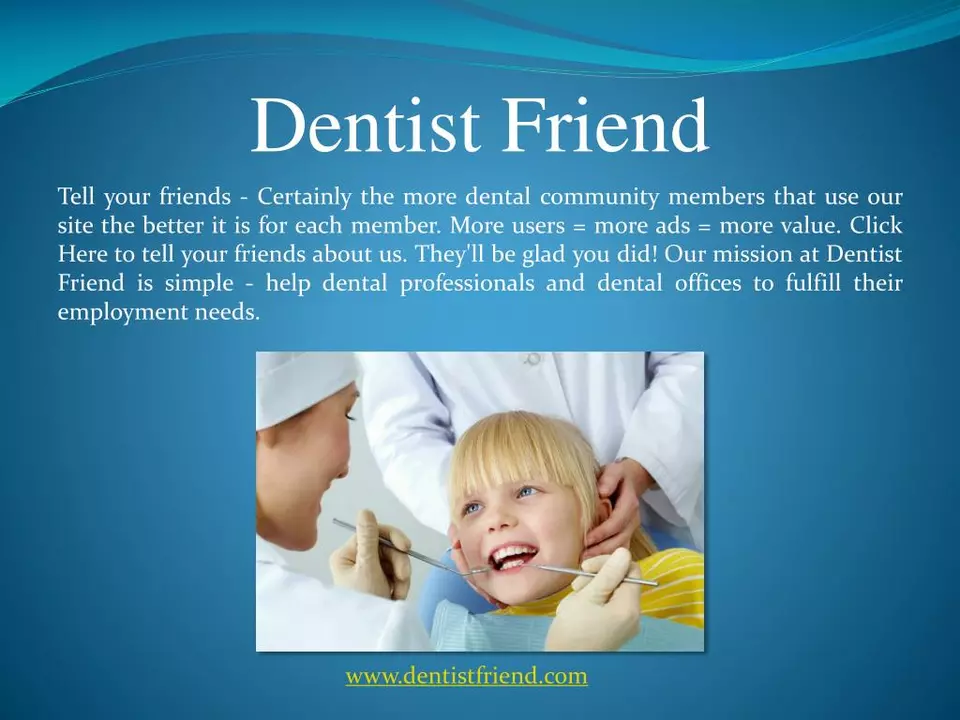Dental care: easy daily habits that actually work
Want fewer cavities, less gum pain, and fresher breath without spending a fortune? Good dental care comes down to a few consistent habits you can do every day. No gimmicks—just clear, practical steps you’ll actually stick with.
Daily dental checklist
Brush twice a day for two minutes using a soft-bristle brush. Hold the brush at a 45° angle and use short, gentle strokes along the gumline. Aggressive scrubbing wears enamel and irritates gums.
Floss once a day. Slide the floss gently up and down between teeth and wrap it around each tooth in a C shape. If traditional floss is a pain, try floss picks or a water flosser—anything that removes the stuff your brush misses.
Use toothpaste with fluoride. Fluoride helps strengthen enamel and reduces decay. If you have sensitivity, pick a toothpaste formulated for sensitive teeth and give it 2–4 weeks to make a difference.
Rinse smart, not often. Mouthwash can help with breath and reduce bacteria, but don’t overuse antiseptic rinses if you’re worried about drying out your mouth. Ask your dentist which rinse fits your needs.
Keep snacks low in sugar and acid. Every time you sip soda or nibble candy you feed the bacteria that cause cavities. Swap sticky sweets for nuts, cheese, or crunchy fruit. Drinking water between meals helps rinse food and neutralize acid.
When things go wrong — quick fixes and when to call
Got toothache or sudden swelling? Rinse with warm salt water, avoid very hot or cold foods, and use an over-the-counter pain reliever as directed. If pain or swelling lasts more than 48 hours, call your dentist. These symptoms can mean infection.
Bleeding gums after brushing? Mild bleeding can mean you’re new to flossing or brushing too hard. If bleeding continues for a week, see your dentist—persistent bleeding can point to gum disease.
Loose teeth in an adult, persistent bad breath, or a sore that won’t heal are reasons to get checked fast. Early treatment is usually simpler and cheaper than waiting.
If you take medicines that affect oral health—like some blood pressure drugs, antidepressants, or diabetes meds—mention that to your dentist. Dry mouth and gum issues can be side effects. If you buy medicines online, choose reputable pharmacies and confirm the product with your provider before using it.
Small daily choices add up. Brush and floss consistently, eat less sugar, hydrate, and see your dentist regularly. Those simple steps keep your teeth and gums working longer and save you time and money down the road.

The Role of Ampicillin in Dental Care and Oral Health
Apr 26 2023 / HealthAs a copywriter, I've learned that Ampicillin plays a significant role in dental care and oral health. This antibiotic is commonly prescribed by dentists to treat and prevent bacterial infections in the mouth. By reducing the presence of harmful bacteria, Ampicillin can help alleviate pain and swelling associated with dental issues like tooth abscesses, gum infections, and even after dental surgeries. Additionally, it can be an effective preventive measure against the spread of infection to other parts of the body. In conclusion, Ampicillin is an essential tool in maintaining good oral health and promoting overall well-being.
VIEW MORE